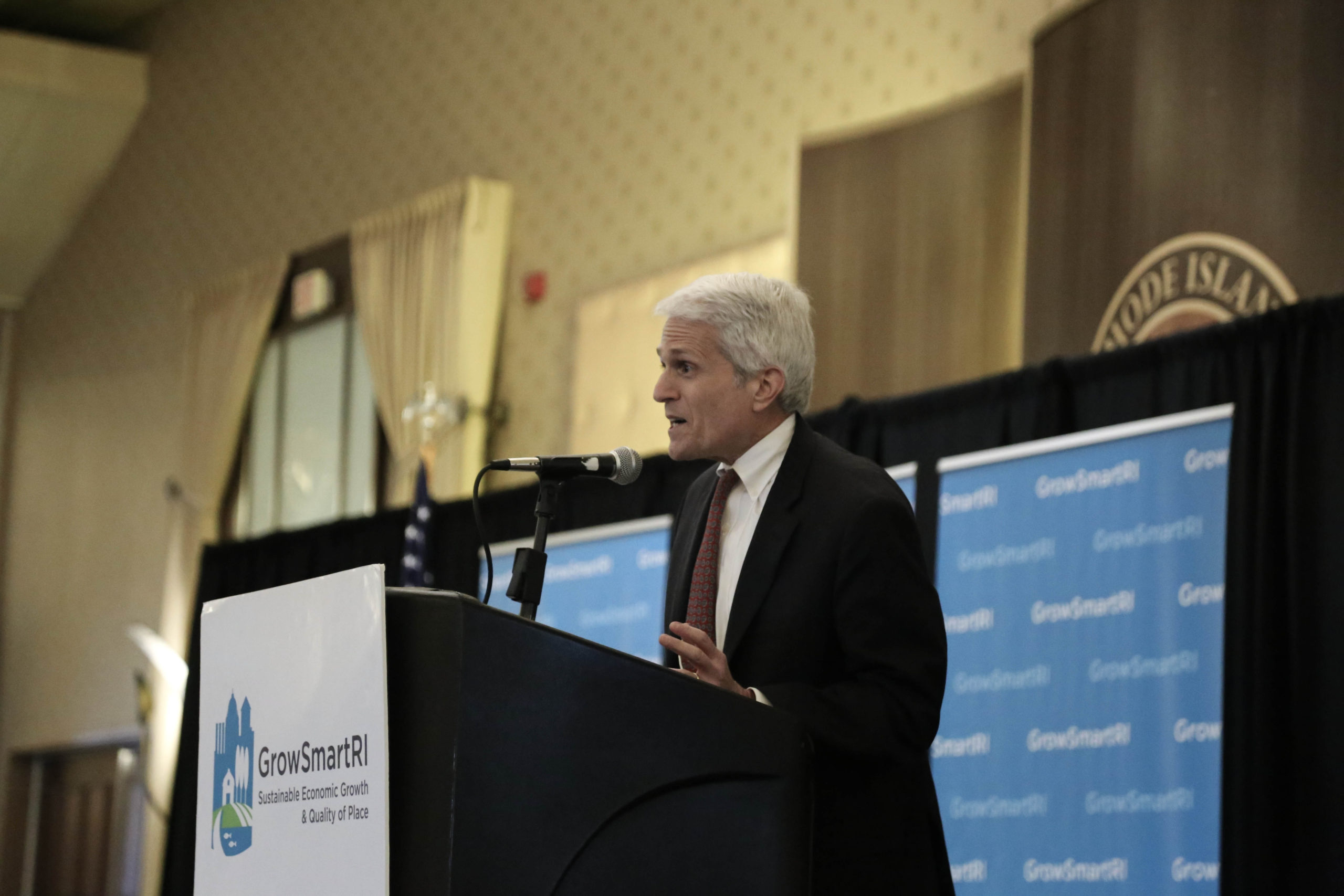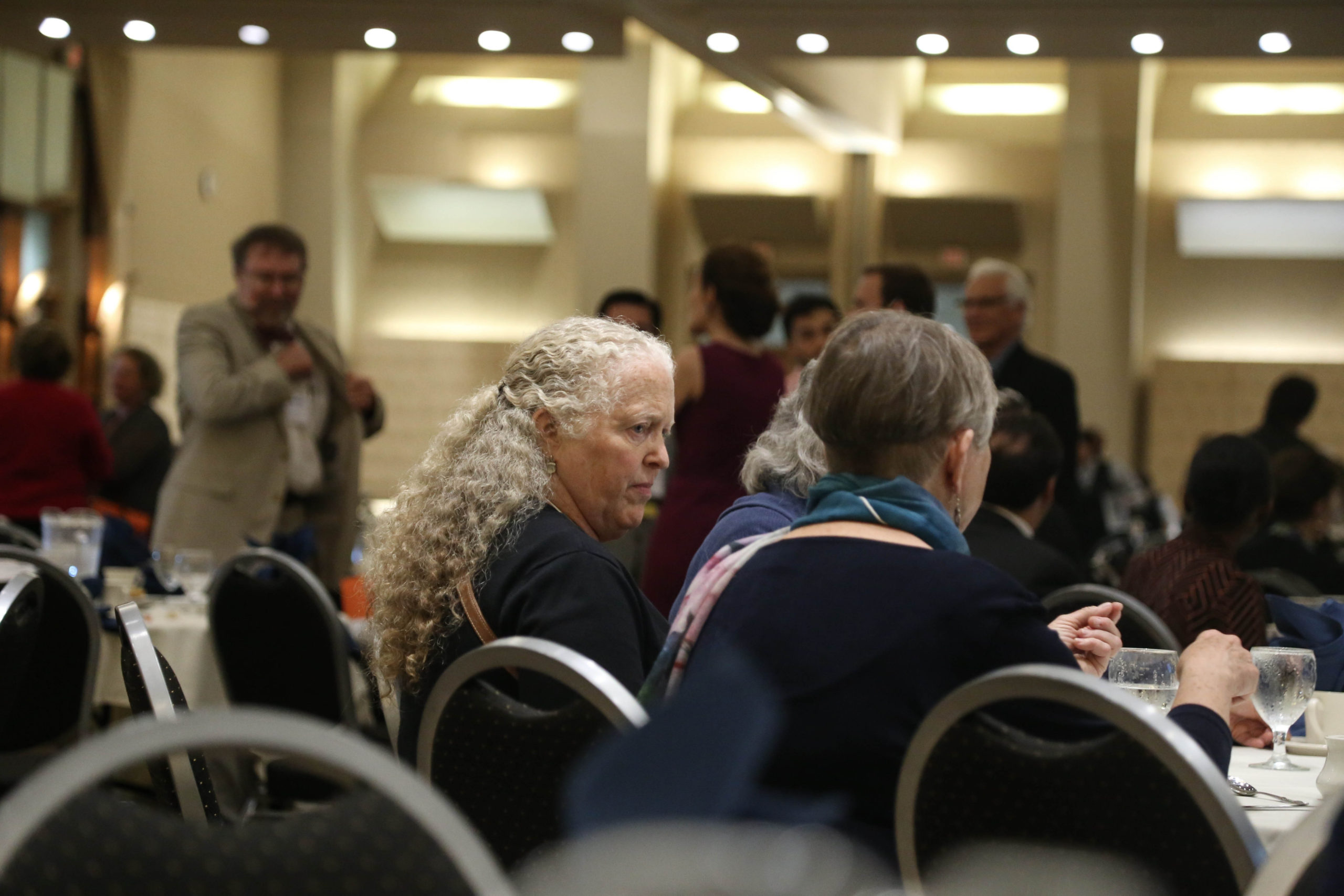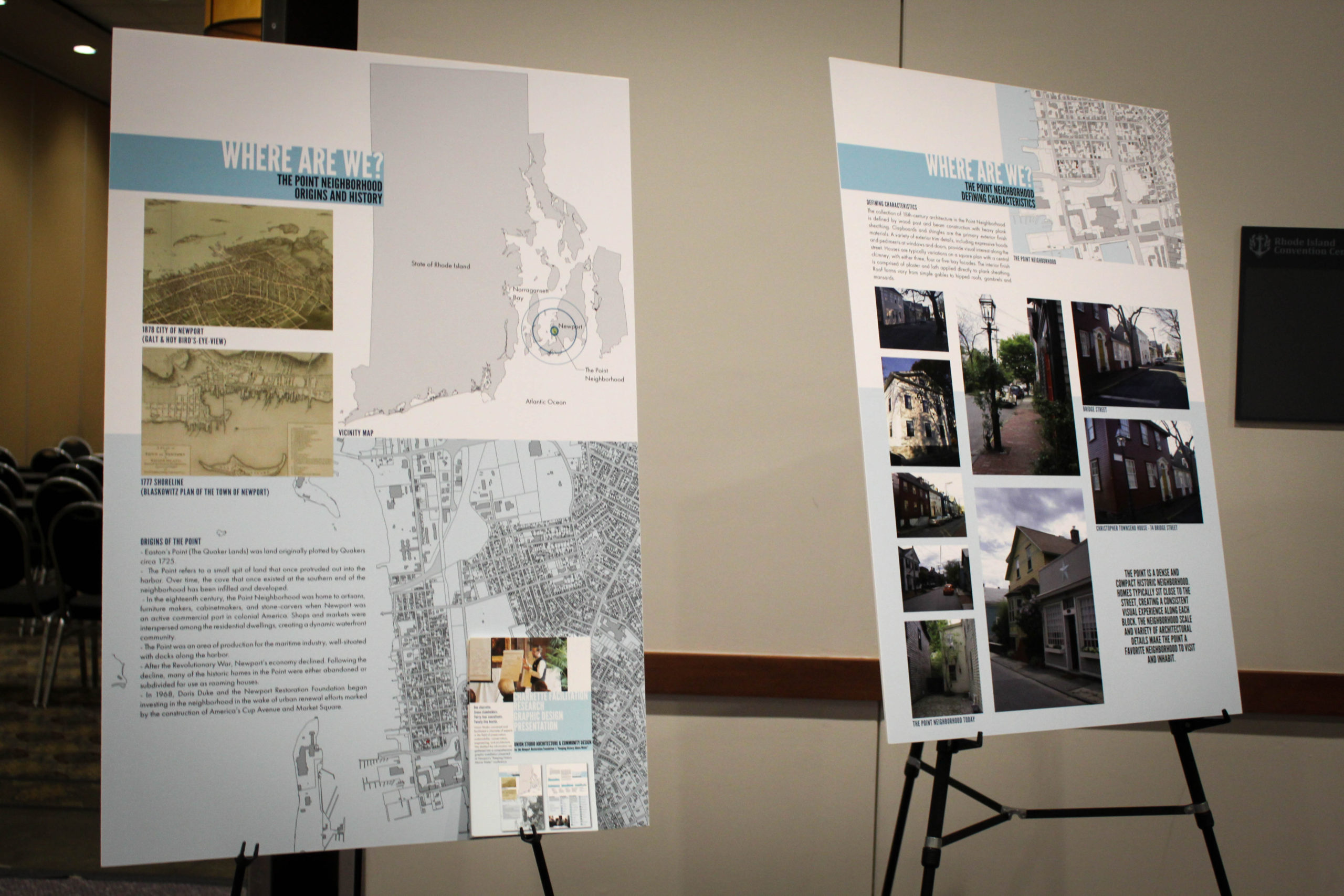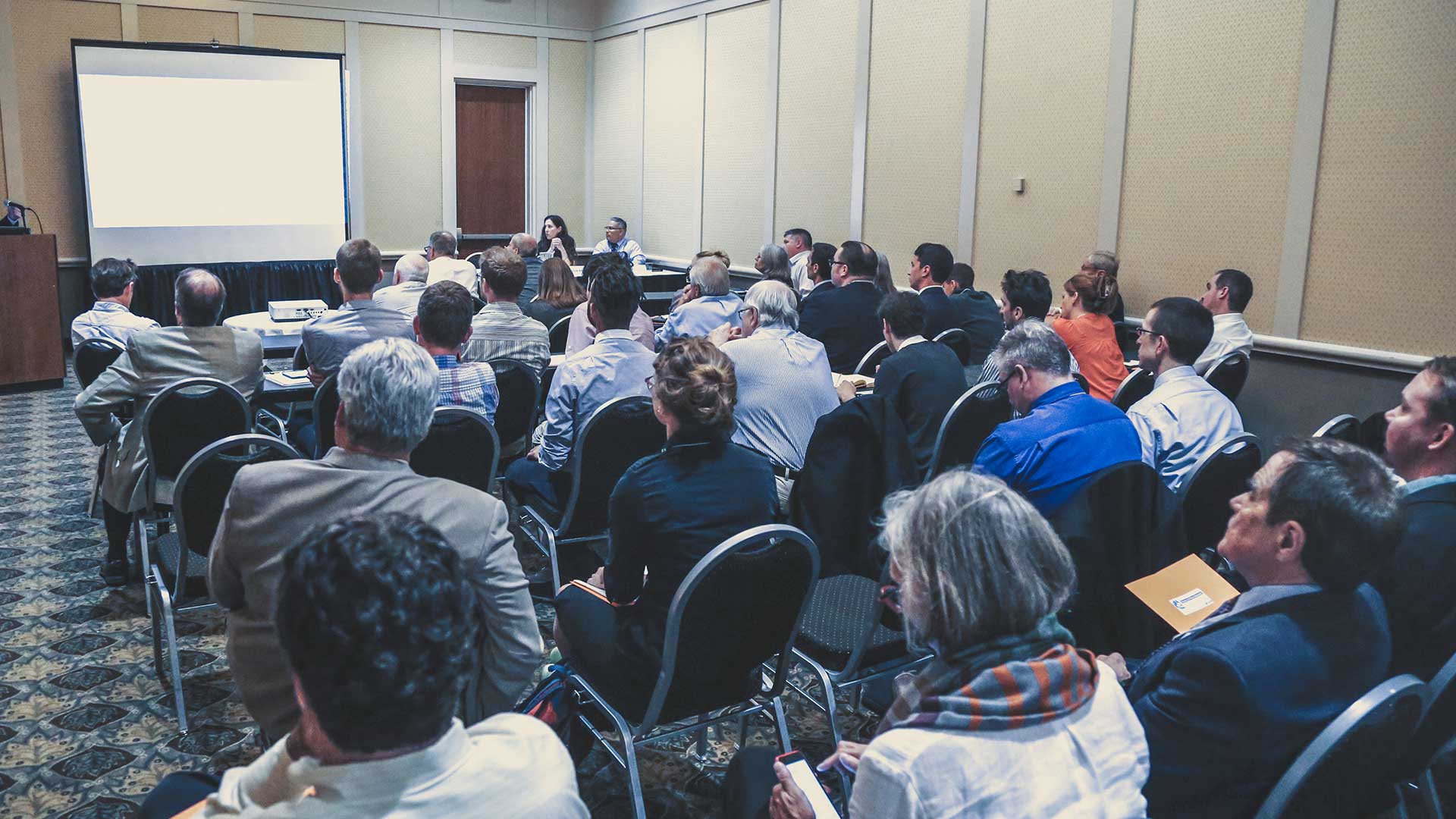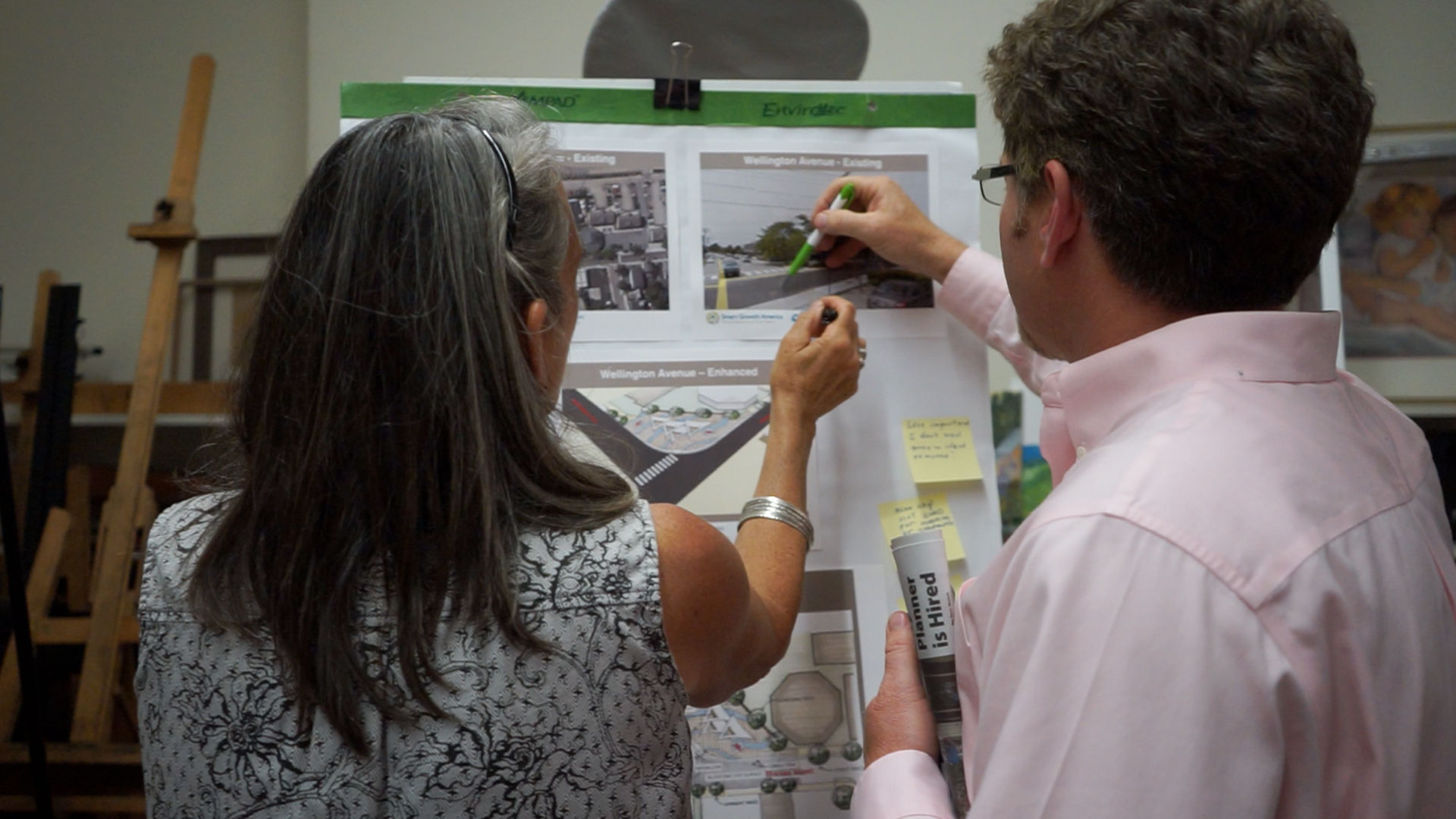Power of Place Summit
Friday, May 3, 2024
Rhode Island Convention Center
See who’s already registered
Friday, May 3, 2024
Rhode Island Convention Center
See who’s already registered
The Power of Place Summit returns to the RI Convention Center May 3rd, 2024.
For more than 25 years, the extended Grow Smart RI family have been creative problem-solvers. We’ve been in the business of long-term systemic change that revitalizes neighborhoods and improves people’s lives while safeguarding RI’s environment, magic and soul.
You know it, because you’ve been part of it.
Now, as we seek to accelerate a better, fairer, healthier “new normal”, it’s time to renew our networks and partnerships so that we can meet the moment and together tackle many of our state’s key challenges and opportunities:
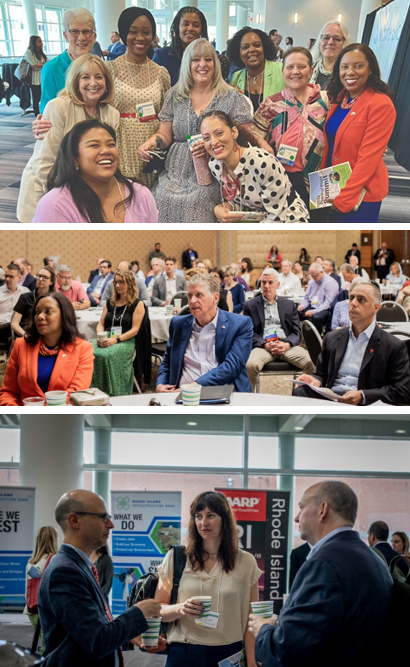
Thank you to our Sponsors (as of 4.7.24)
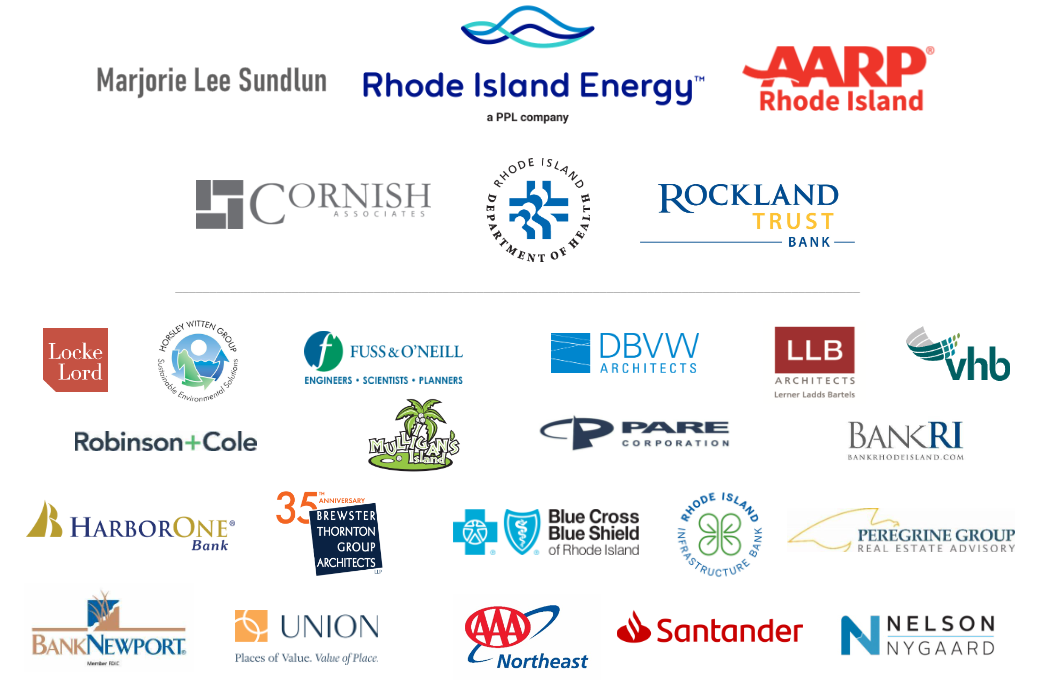
American Institute of Architects / RI Chapter • BETA Group, Inc. • Blackstone Valley Tourism Council • Brown University • City of Central Falls • City of Pawtucket • City of Providence • Dimeo Construction • Dimeo Properties • DiPrete Engineering • Federal Home Loan Bank of Boston • Gridwealth • Kite Architects • Kimley Horn • Kittelson & Associates, Inc. • Moran Shipping Company • Morgan Stanley • Navigant Credit Union • Northeast Marine Pilots, Inc. • Ørsted Americas • Preservation Society of Newport County • Providence Performing Arts Center • ProvPort • Rhode Island Housing • Roger Williams University • SignalWorks Architecture • Sweeney Real Estate and Appraisal • The Foundry Associates • University of Rhode Island • Vision 3 Architects • Washington Trust • Waterson Terminal Services • ZDS Architecture
The Built Environment and Public Health: Designing Communities for Health and Equity
Gil Peñalosa will highlight the common sense of smart growth and illustrate its clear clear benefits for public health, economic prosperity, quality of life, equity, and justice.
We’re especially excited to welcome Gil to Rhode Island. Gil is an internationally recognized smart growth strategist and urbanist – he’s the founder and Board Chair of the successful non-profit organization 8 80 Cities. A former Commissioner of Parks for Bogota, Colombia, and a Toronto Mayoral candidate, Gil advises decision makers and communities on how to create vibrant cities and healthy communities for people of all ages and backgrounds, focusing on the strong connections between the built environment and public health.
We’ve assembled a blockbuster panel of community leaders to tease out the most promising opportunities for improving public health and well-being through the built environment in Rhode Island.

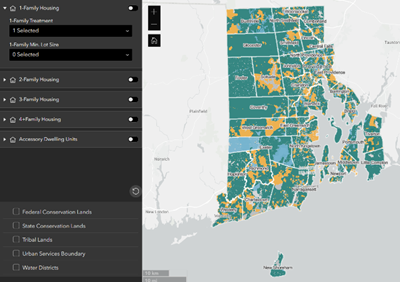
 A Critical Reboot for RI's State Historic Tax Credit
A Critical Reboot for RI's State Historic Tax Credit
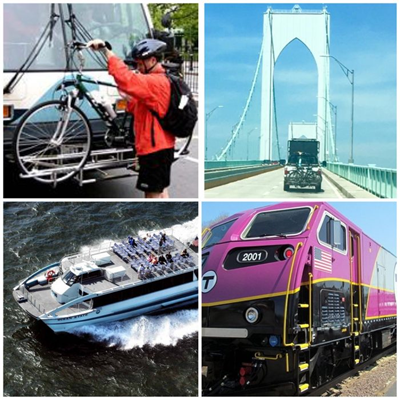 Envisioning the Future of Transportation in Rhode Island
Envisioning the Future of Transportation in Rhode Island
 From the Urban Core to the Ocean Floor: Building a Regional Tech Hub Opportunity
From the Urban Core to the Ocean Floor: Building a Regional Tech Hub Opportunity
 Making Places for Everyone - With Everyone
Making Places for Everyone - With Everyone
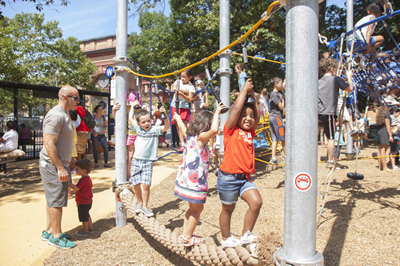 Community Capital and Rhode Island's Local Economy
Community Capital and Rhode Island's Local Economy
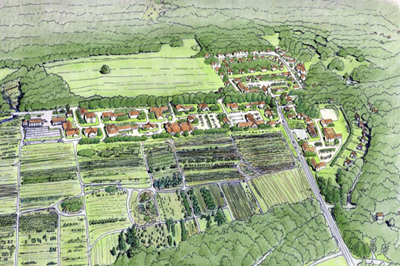 Friends or Enemies? Turns out Housing and Land Conservation Can Get Along
Friends or Enemies? Turns out Housing and Land Conservation Can Get Along
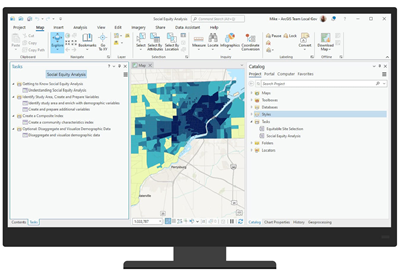 Rhode Island's Social Equity Platform: A New Tool for Compiling and Visualizing Social Equity Data
Rhode Island's Social Equity Platform: A New Tool for Compiling and Visualizing Social Equity Data
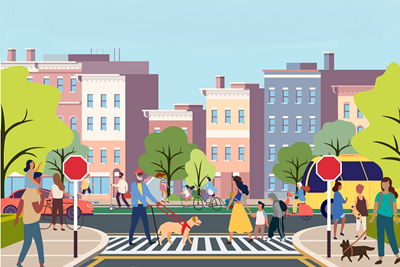 Moving the Needle: Practical Lessons Steering Active Transportation Projects to Completion
Moving the Needle: Practical Lessons Steering Active Transportation Projects to Completion
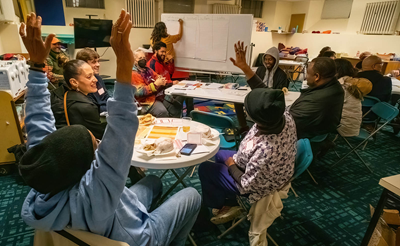 Cracking the Code: Strengthening our Neighborhoods through Participatory Planning
Cracking the Code: Strengthening our Neighborhoods through Participatory Planning
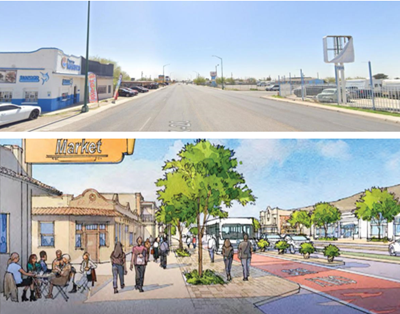 Roads Not (Yet) Taken: Opportunity in RI’s Corridors
Roads Not (Yet) Taken: Opportunity in RI’s Corridors
 Regional Rail for Climate, Housing and Economic Growth
Regional Rail for Climate, Housing and Economic Growth
 Connecting the Dots for a Clean, Equitable, Energy Transition for a Healthy Rhode Island
Connecting the Dots for a Clean, Equitable, Energy Transition for a Healthy Rhode Island
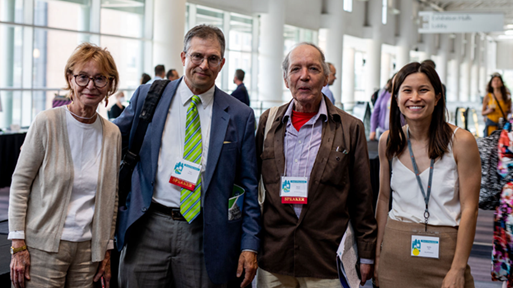
The Annual Smart Growth Awards honor those helping to shape strong, sustainable, and just communities across Rhode Island through innovative leadership, community revitalization/conservation, and policy initiatives.
Each will be celebrated during the Power of Place Summit Awards Luncheon on May 3 at the Rhode Island Convention Center.
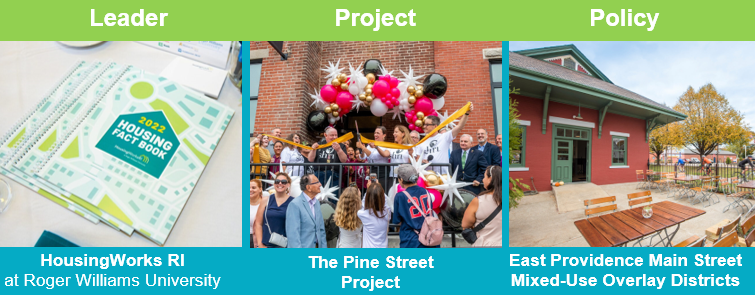
Under the outstanding leadership of Brenda Clement and Annette Bourne, Housing Works RI at Roger Williams University has become the premier Rhode Island go to source for data and policy analysis regarding our complicated and urgent housing crisis. They highlight clearly how increasing Rhode Islanders’ access to healthy, affordable homes can advance such other key smart growth objectives as stronger transit, increased economic opportunity, revitalized Downtowns and Main Streets and improved public health. Their annual, rigorously researched Housing Fact Book has become Rhode Island’s “go-to” essential resource on housing affordability. Their more recent initiatives, including the RI Zoning Atlas and a report on mobile home parks, are also encouraging policy changes critical to digging us out of our severe housing production and affordability hole.
In collaboration with numerous community stakeholders and partners, Citizen Developer Alison Bologna brought to fruition the creative redevelopment of the historic office building within the Conant Thread / Coats & Clark Mill Complex in Pawtucket, just a short walk from the Pawtucket Central Falls Transit Center. Bologna’s SHRI Yoga Studio, offering low-cost and free yoga classes to Rhode islanders of all backgrounds, was growing rapidly in 2019 when the city’s mayor, Donald Grebien, convinced her to explore rehabbing the mill office building. She closed on the property in January 2020, just three months before the global pandemic shuttered the economy and a massive fire destroyed a cluster of eight nearby mill buildings. Despite many setbacks the project was completed in August 2023 and now boasts several thriving social enterprises and eight mixed-income residential apartments. Since opening, two adjacent developments are now underway bringing an additional 400 units of housing to the Train Station District.
With many of the City’s commercial corridors in need of reinvestment, East Providence recognized the negative impacts that outdated zoning had on these areas. To incentivize mixed use development and affordable housing located adjacent to services, jobs and transit, the City adopted in December 2022. a series of “Mixed Use Hub” overlay districts. Currently approved for four of the City’s Main Street areas, these districts are noteworthy for their reduction and/or elimination of parking requirements, especially for adaptive reuse affordable housing projects. Simultaneously, the City allowed mixed-use development in all commercial districts, reduced many other parking requirements, and allowed for increased multi-family density. Numerous commercial and housing projects on key sites have resulted from these overlay districts, and the City is considering expanding them to additional corridors.
